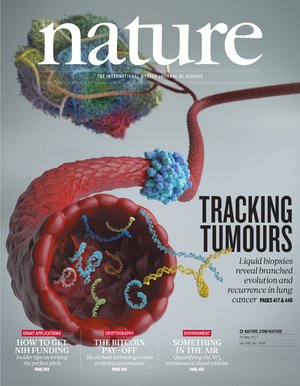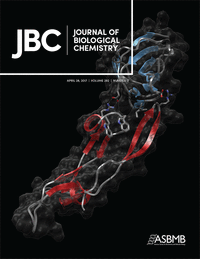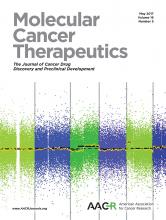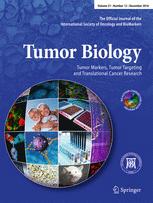 A former researcher at Johns Hopkins who voiced concerns about a now-retracted paper in Nature has lost another bid for whistleblower protection.
A former researcher at Johns Hopkins who voiced concerns about a now-retracted paper in Nature has lost another bid for whistleblower protection.
Daniel Yuan, a longtime statistician for former Hopkins yeast geneticist Jef Boeke, was dismissed in 2011, after he’d spent years raising concerns about research coming out of the lab. Yuan’s criticisms, which continued after he stopped working for Boeke, peaked in 2012 after Boeke and former labmate Yu-li Lin published a paper in Nature. Later that year, Lin was found dead in his lab, a suspected suicide. In 2013, the paper was retracted, citing an inability to reproduce the main conclusions.
Since 2013, Yuan has pursued a wrongful termination lawsuit, claiming that federal regulations surrounding scientific misconduct afforded him protection from retaliation.
In late March, Maryland’s highest court ruled against Yuan, saying that those misconduct regulations are “too vague” to offer cover to employees claiming whistleblower protection. According to lawyers we consulted, the decision could make it harder for would-be whistleblowers to fight retaliation, while also giving institutions more leeway to handle these issues on their own.
Continue reading Would-be Johns Hopkins whistleblower loses appeal in case involving Nature retraction
 Sometimes, even a short notice catches our attention.
Sometimes, even a short notice catches our attention. A former researcher at Johns Hopkins who voiced concerns about a now-retracted paper in
A former researcher at Johns Hopkins who voiced concerns about a now-retracted paper in 
 The former vice chancellor for research at the University of California, Los Angeles, has
The former vice chancellor for research at the University of California, Los Angeles, has 
 Springer is
Springer is  PLOS ONE has retracted the last of five papers by a former employee of Pfizer, who the company
PLOS ONE has retracted the last of five papers by a former employee of Pfizer, who the company 
